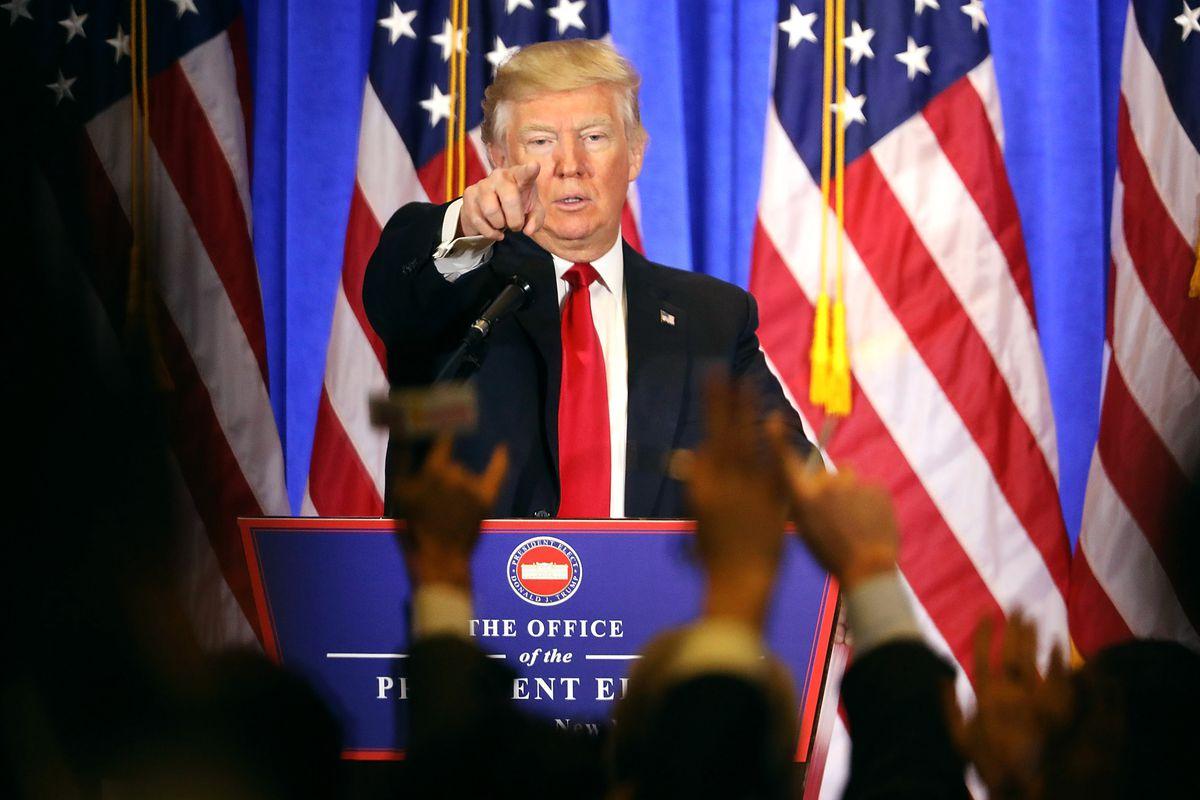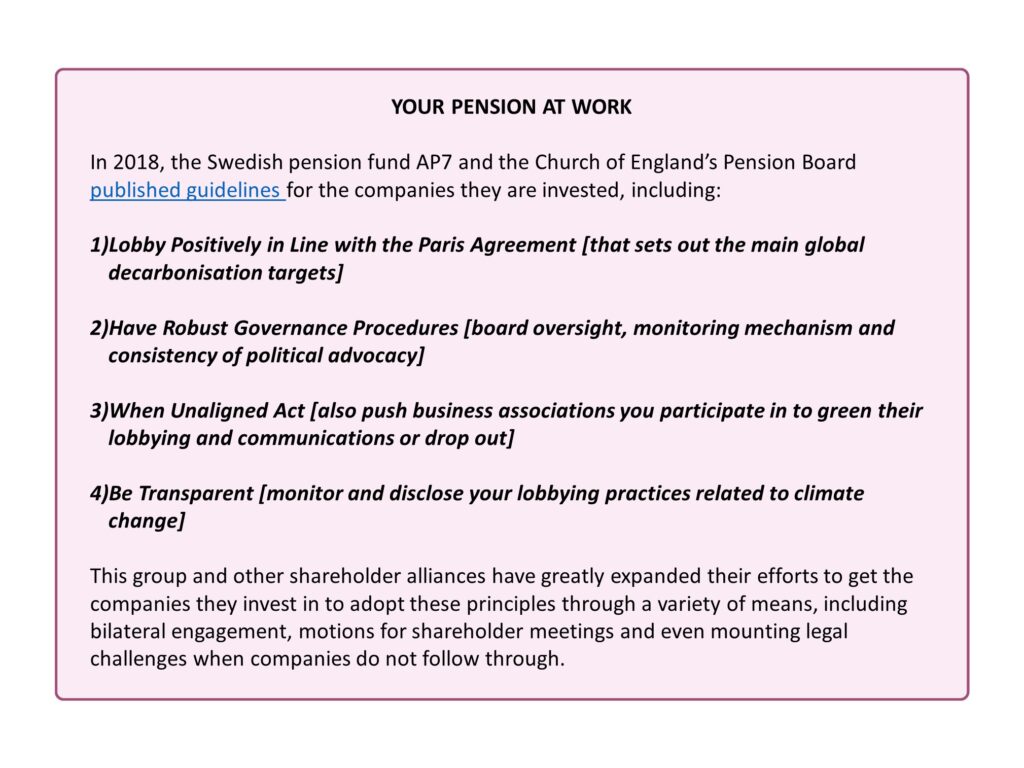The Great Decarbonization: An Unforeseen Catalyst for Enhanced Integrity in the Public Sphere

Share this Post
In many countries, businesses represent the most well-funded and arguably the most influential group of organized interests participating in public policy processes and related discussions within the public sphere. Out of the 100 largest global economic entities by revenue, 71 are businesses rather than states. In the United States, businesses contribute 87 percent of all federal-level lobbying expenses (2020), while in the European Union, they comprise two-thirds of all registered lobbying organizations.
Significantly, corporate political engagement extends beyond direct lobbying efforts. It also manifests in communication interventions aimed at shaping public perception, discussions, and framing of specific policy challenges. As a result, business actors and their corporate political engagement become major contributors to the public sphere, playing a crucial role in establishing the standards of integrity, transparency, and accountability in public discourse, both online and offline.
Regulating businesses and their corporate political engagement has proven to be quite challenging. Broad interpretations of corporate freedom of speech, limited enforcement capabilities, and rapidly advancing technological tools and tactics for engagement contribute to regulatory regimes that are often marred by loopholes, weak enforcement, and low standards of integrity and accountability. Exaggerated marketing claims about social and environmental responsibility are often viewed as mere “puffery” from a legal standpoint and thus not punishable.
The prevalence of behind-the-scenes political maneuvering is typically dismissed as business as usual in the rather cynical court of public opinion. Instances of strategic hypocrisy, where marketing statements and lobbying activities diverge, may cause brief reputational damage but generally have no long-term consequences. A small group of good governance NGOs has achieved some success in promoting lobbying transparency and improved self-regulatory codes of conduct. However, further regulatory progress is hindered by the aforementioned constraints, as well as the lack of heightened public expectations and widespread pressure for reform.
Winds of Transformation: Embracing the Decarbonization Imperative
The previously limited accountability and responsibility of businesses and their roles in the public sphere are currently being disrupted by a unique and unexpected force of change: the decarbonization imperative. This urgent necessity to decarbonize our societies by 2050 to avoid the most devastating consequences of climate change demands economic and technological transformations within the next two and a half decades that are unparalleled in history. Businesses play a crucial role in facilitating these changes.
To support this transformation, a new ecosystem of diagnostic methodologies, evaluators, advocates, incentive systems, and collective action initiatives has emerged, focused on monitoring progress towards corporate net-zero goals. It is no overstatement to suggest that this may be the most sophisticated public action mechanism for corporate accountability ever developed within a specific policy area. Initially, efforts concentrated on encouraging companies to commit to and execute decarbonization plans for their operations. However, as understanding and adoption of a systemic perspective have grown, many stakeholders involved have come to recognize that businesses’ political behavior is just as important as their operational greenhouse gas records.
Fostering Green Corporate Political Engagement
Successful decarbonization stands and falls with the policies, rules and incentives that are being put in place to initiate, guide and accelerate this process on the business side. Unfortunately, these policies will have to engineer tremendous shifts in economic values away from some of the currently largest corporate interests into challenger industries that are yet to scale and have so far not achieved comparable prowess in representing their interests. It is estimated for example that it is needed to remove more than $3 trillion in direct and indirect subsidies from fossil fuels alone. This situation of politically very influential “brown” industries and a rather nascent, dispersed and less well organized group of potential green beneficiary industries has given rise to concerns that despite headline green pledges many companies will, behind the scenes, work the political levers to delay, water down or entirely derail vital climate policy initiatives.
As a result, protecting the integrity of climate policy-making by monitoring, reshaping and holding companies accountable for their political conduct is quickly becoming a top priority in the climate governance agenda.
Emerging Alliances and Diagnostic Tools for Climate-Responsible Lobbying
To ensure that companies lobby and market responsibly, in alignment with established climate goals, several new frameworks and initiatives have emerged, raising the bar for corporate accountability. Some key examples include:
Enhanced Transparency: The Global Reporting Initiative, the principal framework for sustainability reporting used by three-quarters of the world’s largest companies, calls for a description of goals for public policy engagement, money spent, and management approaches in this area.
Detailed Justification: The Carbon Disclosure Project, a reporting initiative utilized by more than 9,000 entities, mandates the disclosure of a wider range of engagement strategies beyond lobbying, such as research funding. It also requests a thorough account and justification of policy positions taken and pursued concerning climate-relevant policy issues.
Assessing the Gap: Influence Map is arguably the most advanced monitoring initiative currently in operation. It draws on multiple data sources to create a comprehensive climate policy footprint for organizations. Unlike other initiatives, it goes a step further by comparing the actual political conduct of businesses with the public policy behavior necessary to achieve specific science-based decarbonization targets. The outcome is a substantial gap analysis and performance dashboard for corporate political behavior on climate issues, both firm-specific and grouped by key stakeholders, such as fossil fuel industries, asset managers, or examined for particular engagement dimensions, like online issue advertising.
Emerging Pathways for Enhanced Corporate Political Accountability
The aforementioned examples, along with numerous other monitoring initiatives, not only serve to exert public pressure on businesses to engage in more responsible political conduct but also inform the decisions of a growing number of investors aligning their portfolios with climate goals and broader environmental, social, and governance principles. Since 2005, this type of impact investing has grown 100-fold, reaching an astounding $17 trillion in 2020.
This growth has initiated a virtuous cycle: with climate-related disclosures becoming increasingly important (or “material” in industry jargon) to investors, regulators in the US, Europe, and other regions are progressively implementing rules, standards, and assurance requirements to combat greenwashing and ensure high-quality reporting. This audited, high-quality reporting can then serve as a foundation for internal shareholder and employee actions, as well as external litigation, when companies fail to uphold their reported practices and targets, including their corporate policy commitments.
Both internal actions, such as voting out specific directors or demanding improved governance surrounding political engagement, and external litigation, by filing lawsuits on grounds of failing or defrauding shareholders, can generate more direct accountability and deterrent penalties compared to the mild fines and inconsistent enforcement associated with violating lenient public regulations for corporate political engagement.
In summary, the climate crisis has significantly broadened the coalition of stakeholders advocating for higher corporate standards in lobbying and other political engagement activities. It has given rise to an extensive ecosystem of reporting frameworks and monitoring initiatives. Building upon these developments, new, highly complementary, and potentially more effective pathways have emerged for holding corporate actors accountable for their political conduct and engagement in the public sphere.
The opinions expressed in this text are solely that of the author/s and do not necessarily reflect the views of the Israel Public Policy Institute (IPPI) and/or its partners.
Share this Post

A Conversation Divided: Traditional Media and Anti-Science Sources Polarized Over Covid-19 Vaccine
Conversations about a Covid-19 vaccine have been ongoing since the disease came into our lives. As researchers, pharma…

“We want to deter politicians from spreading false information”
Disinfo Talks is an interview series with experts that tackle the challenge of disinformation through different prisms. Our talks…

Eroding Trust: Contact Tracing Technologies in Israel
Contact tracing technologies can potentially help health organizations and governments stop the spread of COVID-19 by finding and isolating…

